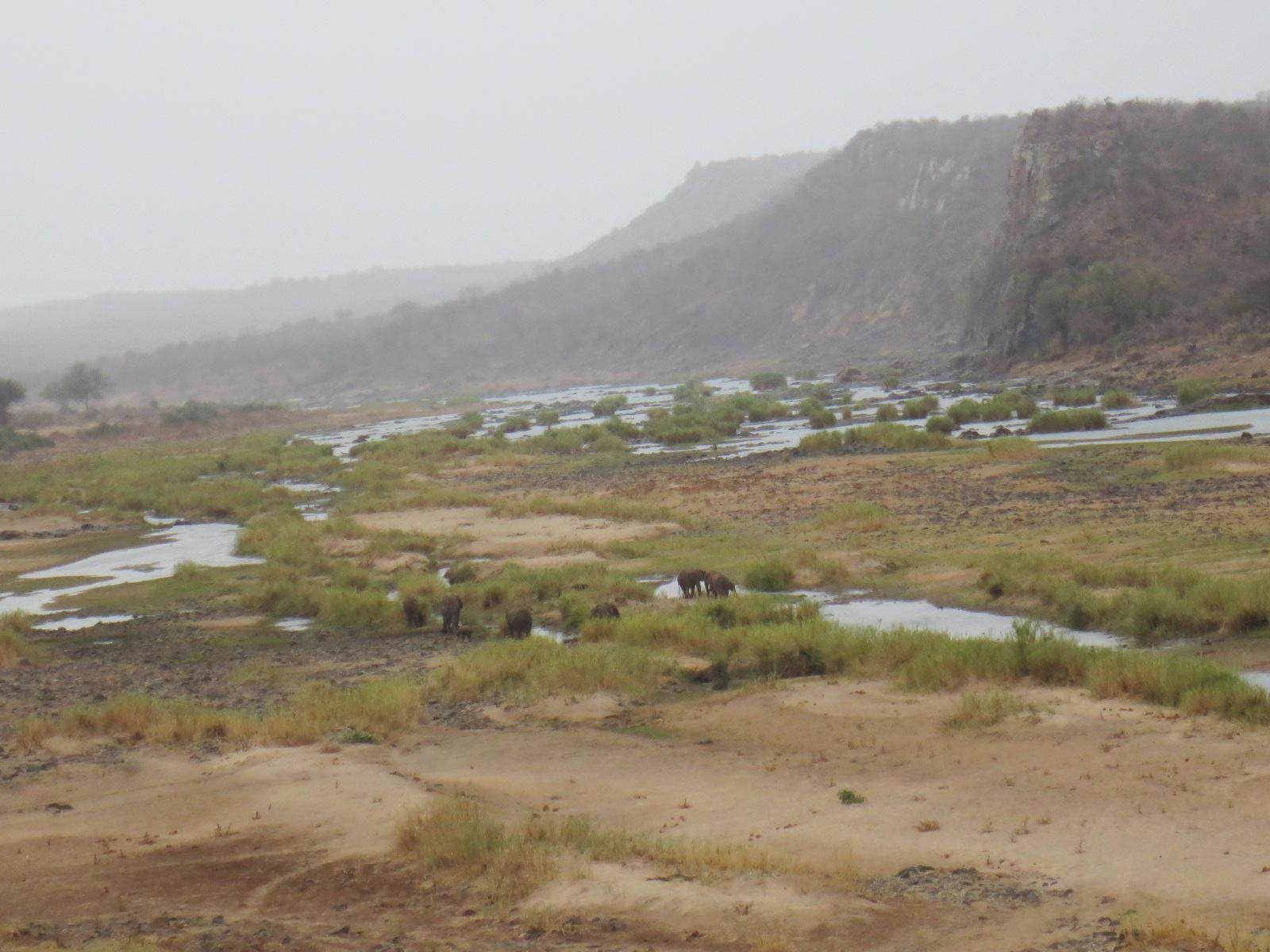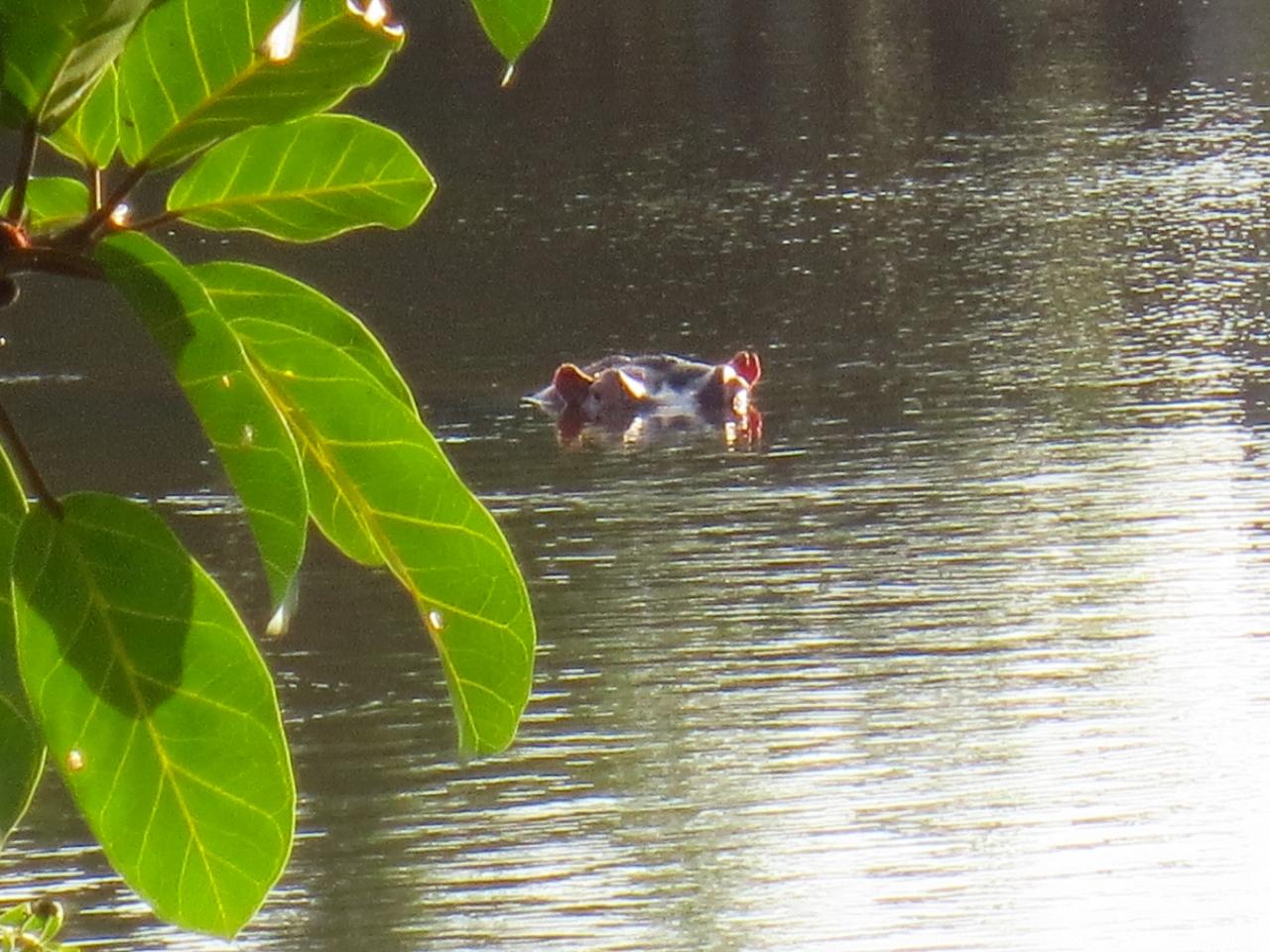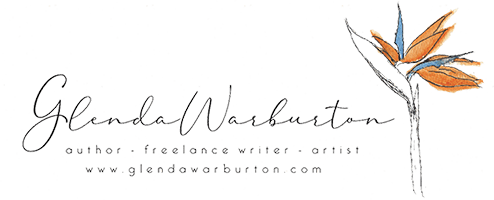The Start of the Journey
18 January 2016Where it Began
25 January 2016I never finished telling about my Kruger Walk, for which I apologise unreservedly. I do intend to write that last episode, but fore that I need to tell this story.
The highlight of that trip was the walk we took on the final afternoon. We went up a kopje that looked out over hectares of pristine bush, and made our way down the other side towards the river. Our destination was an outcrop of large rocks overlooking the Oliphants River. We had no sooner settled down to watch the day close when a herd of about twenty ellies arrived for their evening drink and forage in the reeeds. There were waterbuck, an amazing array of birds, hippos, it was quite awe-inspiring.
We sat, mostly in silence, enjoying being a part of the natural world for the better part of an hour, when we saw a curtain of rain approaching from the east.

We watched the curtain of rain coming in across the mountain
There was something incredibly humbling about being in that place at that time watching the first rains of the season making their way across the mountains. A bright flash of lighting, with its crack of thunder, brought our reveries to a quick end, as we packed up and made our way back to the vehicle. The rain fell unremittingly. The next morning as we were driven back to Letaba we were drenched and frozen as the limited roof of the safari van offered little protection against the driving rain. I have never been so drenched.
Looking back, I think those were the first and the last rains of the season. The drought has dragged on, the heat is only now beginning to waver, but still the clouds meanly hang on to their bounty, teasing as they pass indolently overhead. Even the storms seem to belch a maudlin greeting as the thunder rolls by and the lighting is a distant flicker in a sky far away.
There is something quite unnerving watching plants frazzled by a searing sun, the life being sucked out of them. A friend who farms Nguni cattle says they won’t eat the grass because it is too hard and crunchy. The local game parks are having to use all their expertise to manage game, but still cattle and wildlife are dying and there is nothing we can do about it, but pray.
I am fortunate to live in a house on the edge of a sugar farm, lovely open vistas, and almost within sight of one of Swaziland’s oldest game parks, Mlilwane. Over the years farmers in this area have got used to various wild animals leaving their sanctuary thinking the fields of cane, vegetables, pineapples provide better grazing. This year it’s happening on a larger scale as the grass in Mlilwane gets less and less.
My neighbours are building a large hangar, outside the protection of their yard, and close to one of the many irrigation dams in this area. I see that dam from my office window, and enjoy the feeling of serenity its reflections offer. But I digress! One day a couple of weeks before Christmas, the men building the hangar heard a strange noise emanating from the dam and on turning to look were horrified to see an enormous hippo rising out of the water. As one they took to their heels and scarpered.
The first I knew of the new arrival was when I received a message telling me to take care on my early morning walks as there was now a resident hippo, who was regally named Prince Harry. How anyone thought there can be any likeness to that red-headed royal I know not. Luckily for the Prince, Harry turned out to be Harriet.
There is something oddly satisfying about having a hippo visit, knowing she was wandering around investigating the area, hoping for a sight of her, while being terrified of meeting her on one of the pathways. She didn’t really like the sugar cane, the reeds in our dams did not seem to satisfy her, although she loved the dams in this area.

Lady Harriet, the unhappy hippo
Poor Harriet, she really was a lost soul, and rambled far and wide looking for who knows what. The game rangers tried to move her, but she soon found her way back to the dam near us. “Our dam”! She wasn’t from Mlilwane, but had apparently come up from the Usutu River, which is so low it can hardly be called a river, which flows close by. Why she was alone, is another mystery.
Each day the reports would go out: she’s at Dalcrue; she’s at Eagles’ Nest; she’s in someone’s garden; she’s back.
Needless to say the unthinkable happened. A dog, objecting to this stranger that wandered near to his territory, got too close, and those great jaws brought its life to an abrupt and violent end. The owner was rightly indignant, and once again Mlilwane despatched their game rangers to see if they could persuade Harriet to move to a more suitable environment for lonely, hungry hippos. Peace reigned for a few days, and then there was a splash, a rumble and Harriet was back.
The novelty of playing host to a resident hippo was beginning to wear off. People were having to ensure children and dogs were safely behind fences well before nightfall, security guards patrolling at night were at risk, it was all getting a little fraught. And then a second dog was found lifeless in the reeds of the dam.
Poor Harriet is no more. There really was no choice, hard as that might seem. This area, while farmland, is simply too populated to risk having a displaced hippopotamus looking for food, for company, for a return to her normalcy, I would imagine.
We are all sad, but forevermore we will talk about the Christmas when the hippo came to visit, rather than the drought that devastated.
